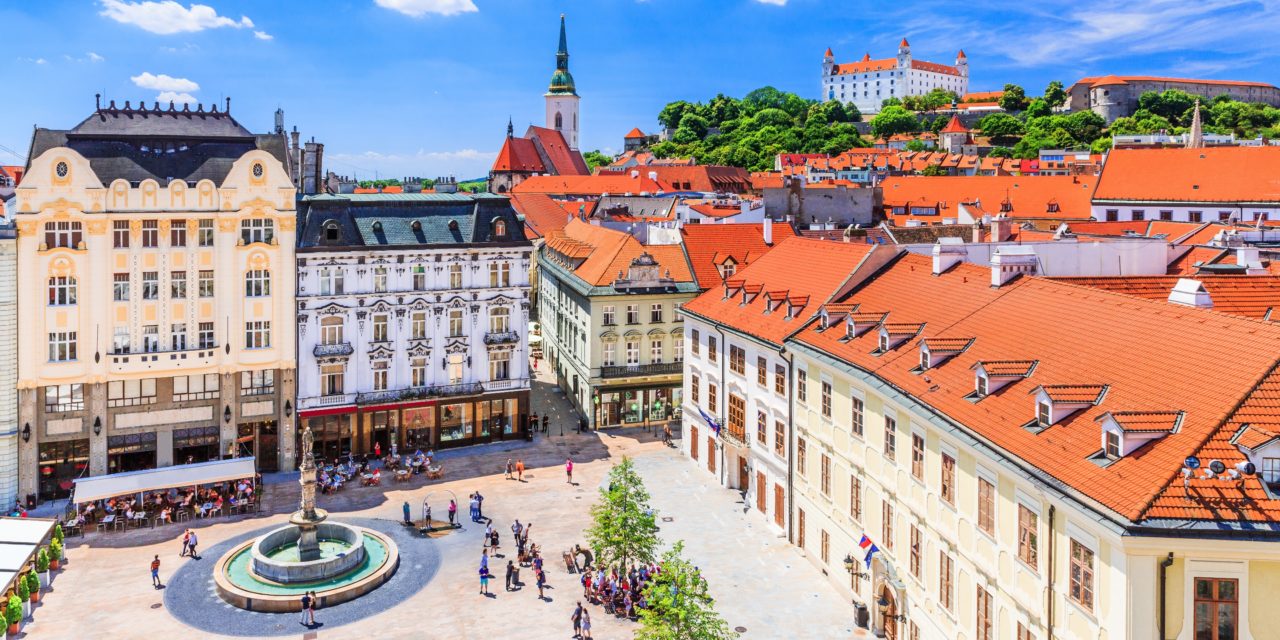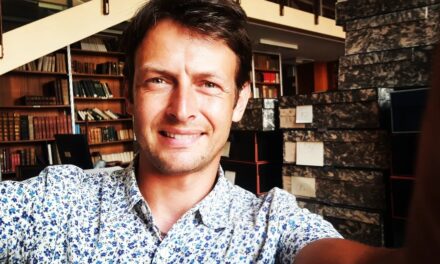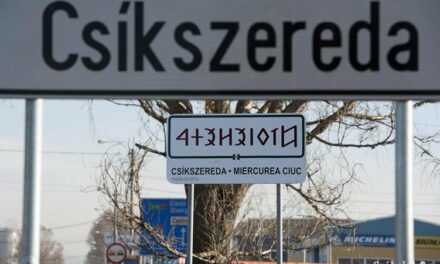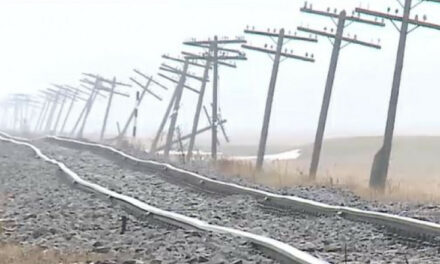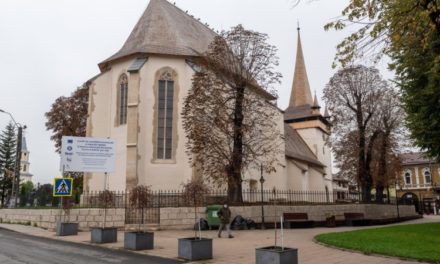The house is built from solid materials, the home from emotions. Is it possible to think objectively about the foundations of our emotional world? I don't think so.
Already at the dawn of life on earth, a special bouquet of experiences gathers in the child's emerging spiritual world following the birth, which at first is fixed mainly under his consciousness. This is how new experiences are added to all the moods, anxiety and noise surrounding you in fetal times. The war didn't magically end when I was born. After all, cultural distortions and distorted human behavior were typical of the 40s and 50s - and, unfortunately, also for the years after that. The generation following the war inherited the fears of mothers who were always ready to run away and their destructive and frustrating effects. In the days following the end of the war, people wondered how this new period should be evaluated. Liberation or occupation - what would be the appropriate label in these difficult times: the Malenki robot, raped women, the fate of the Hungarians who were once again classified as war losers and classified as collective criminals, the mourning of the Holocaust, the repeated Trianon, the camps, the relatives of the deported prisoners of war , acquaintances and in the messy relationship of population exchanges. From this point of view, the experience of an irresolvable forever lost nation and its bloody consequences were perhaps even more valuable to the Hungarians beyond the borders of the once again mutilated country than to those who remained within the borders.
What is home? What does this concept mean within a border and beyond a border? What experiences record this concept full of emotions, which promises a sense of security, for example, in the spiritual world of a child who is waking up, an adolescent, and then an adult? What is the homeland when foreign armies invade your lands, when the new government bans your language, cancels your schools, and your citizenship - as in the territory of Slovakia (Hitler's favorite model state) led by ex-fascist Tiso in the reassembled second Czechoslovak republic based on the Beneš laws, against its crimes, even in spite of them, since you, as a baby, are already classified as a war criminal? They are designated as collective criminals on a national basis.
An emotional way of thinking about one's country or statelessness is truly unavoidable.
A Hungarian without a homeland in the Highlands was considered an outsider of any kind of community and was to be persecuted, or if he was a coward, he was "legally" forced to renounce his native language and culture. And we can still see serious traces of this in the rapid assimilation of Hungarians from the highlands. Those resettled in Hungary as a result of the "residential exchange" could not find their lost homeland in a foreign land in a foreign house. There were those who did not unpack their belongings for years, but they could chew on the recurring temptations of their inherited torments in the houses designated for them by the persecuted Swabians (after all, their companions in fate).
After all, due to some international pressure, this disgraceful "social engineering" stopped after two years. This attempt to create a utopian nation-state was accompanied by many losses and deaths (babies frozen in cattle cars, suicides, drowned in the Danube). Many of the Hungarians deported to forced labor in the de-Germanized Sudetenland regions of the Czech country also returned home. The bad social atmosphere remained, as the majority Slovaks were also infected, sometimes even drunk, by the anti-Hungarian and anti-German government program. The Hungarians have learned to fear, as they still consider the Beneš laws Slovakia's legal order, even if they are not currently applying them. was led by the communist Klement Gottwald The election slogan could still be read on the brick fence of our city's hospital until the end of the fifties: "VOTE NUMBER 3 AND THERE WILL BE NO HUNGARIANS HERE!"

Resettlement (Photo: Fortepan archive)
The unrest in the Highlands has, if not clearly historical, reasons, but these reasons are mythological. They were burned into the social half-literates and even the basics of the school curriculum. Actually, the falsifications of history began with the Russian Czar's Chihol pan-Slavism. It is almost on this basis that the utopias of creating new "only national homelands" were formed. The ideologies of regaining the "ancient homelands" are like a password.
Martin Eggers' study volume "Das Großmährische Reich, Realitätoder Fiktion? (The Great Moravian Empire, reality or fiction?) was published in 1995. It certainly did not inspire Slavic, especially Czech and Slovak historians. Because it proves that the "Reich" is really just a fiction. The Great Moravian Empire and Slovak continuity are just a false mythology in the Carpathian basin, just like the Daco-Roman theory. Our Hungarian public thinking was also able to create similar ones, but at least we did not elevate them to an academic platform, they became targets of irony at their birth.
Contaminated science? Every conversation can turn into a psychopathic obsession. In this way, the "winners" can feel that the assimilation of more than a hundred thousand Hungarians was a success. We can consider these efforts to be sick symptoms of particularly grotesque little nationalist desires. It is markedly so in the light of the negative statistics of the current European population growth and the increasingly strong immigration data from outside Europe.
What the larger, better-off state-forming nations of Europe are doing with the minorities is truly an absurd comedy that takes place at the expense of the original population. The destructive work of violent "pseudo-civilian" organizations of NGOs hiding behind dilettantish science against traditional civilization. Fate cannot avoid them either. The barren (non-reproducing) nations will get here sooner or later. The original liberalism could be the medicine for the spread of violence against nationalities. That would be his job. In overdose, however, the new neoliberalism is harmful, like an overdose of medicine, the side effects kill everything.
There are fewer of us in the Highlands again. According to the last census (2011), the loss was 60,000 Hungarians in ten years. A link in the process that began with Trianon. A telling example of population policy violence is that " in Bratislava there was a small German majority, and a significant Hungarian and smaller Slovak population. One of the greatest "successes" of the decades following Trianon from the point of view of Slovaks was that the ethnic proportions in this city changed so significantly ." ( György Farkas ) This is how Bratislava became, where the Slovak population is approx. 14%, despite 39% of Germans and 37% of Hungarians, to Bratislava, the Slovak capital.
Of course, there will be more and more losses, and the decreasing reproduction also plays a role in this, which we would like to use the unnatural concept of "natural loss". This would be the ironic nuance of the scientific language. In any case, the erosion of Hungarians in the highlands is terrifying and tragic. Since the regime change, according to the census data, by 2011, 110,000 Hungarians were worn out, and our number fell below half a million. What prospects do we have, can they be? The pan-European population generally shows a decreasing trend. We are characterized by multiples of this downward trend.
Based on all real and retouched statistics since (and thanks to) Trianon, it is impossible to get rid of the nightmare that this is the result of a mostly indirect (or let's call it today's fashionable term) virtual genocide. The varied social and political application of assimilation constraints (sometimes reinforced by police terror) is the cause of the "stupid" communication of European (neighboring) peoples, which remains uncontrollable. The process, believed to be effective from the point of view of the so-called majority nations, creates new histories and a new past in all successor countries.
In Austria, from the point of view of the native Hungarian population, this sneaky process is almost completely finished. In Croatia and Slovenia, they could even afford the luxury of positive discrimination, creating ethnographic reserves, as a specialty to show tourists the remaining Hungarianness.
Vojvodina, Transylvania, Transcarpathia and the Highlands grind in slow, different degrees of agony. The state of ethnopsychology varies from location to location, following local coercive interventions, political manipulations, nationality ratios and the strategies of the changing majority power.
"The research on the name of Fölvidék suggests that the result of assimilation brought together an even more scattered, contingent, ethnic social structure than in the case of Transylvania. In addition to the historical antecedents, another reason for this is the "beheading" (expulsion, resettlement) of the Hungarian intelligentsia after 1945. If we look at the depth of things, we do not see Slovak chauvinism as spectacular as the Romanian one, but it /was/ much more methodical and effective. ( Mihály Hajdú ).
And here is the formation of the homeland without a homeland or the homeland that has been depatriated. XY is born after the war. For a Hungarian in a small town with a Hungarian majority on the border. His family receives the white paper, the eviction order. The execution is "fortunately" delayed. His grandmother takes him with her to a mining town so that he will be less injured. A few Hungarian families still live in the mining town like white ravens, but the language of the street is already Slovak. XY cannot find his homeland, he remains a stranger and he is made to feel that way. International politics stops the resettlement, they get their civil rights back. The Hungarians can stay. He returns to his hometown. He speaks his mother tongue somewhat incorrectly after the long vacation. Here, too, the puppy society at home looks at him a bit askance. He would be at home, but still a stranger. He attends a Hungarian language school. but the contemporary value system of internationalism makes him feel inferior. His language is condemned for domestic use. After graduation, he moves to Bratislava, cautiously engages in politics in a student club, and comes into the sights of state security. He will become a journalist in his native language, that is, he will be in the group of suspect Hungarian intellectuals. Later, he lost his Czechoslovak citizenship as a result of directing a theater classed as anti-Soviet, and became a Hungarian beyond the borders of his motherland. (And this is only an apparently absurd situation. Dezső Győry , who was known as Ady in the upland circles of the 1920s and 1930s, then lived and faded in Budapest from 1949, disappeared despite his literary merits.) The Hungarian political police continued with the intention of recruiting, (like their highland colleagues) his nagging, and because he resisted, he had to endure more and more retorts. He emigrated to Germany. By the time he mastered the language at an intermediate level, he could no longer even think of looking for his homeland. After a decade and a half, he was preparing to go home, but in his original country, due to lack of citizenship (the Union had not yet reached the Highlands), he could not buy real estate. In Hungary, a few hundred meters from the Danube, and behind it from the "beautiful colorful ribbon" (Dezső Győry called the Hungarian-inhabited region of Slovakia that way), yes. His eternal search for his homeland was equal to the transits lasting a few minutes and the duality.
The double experience. Hungarian across the border. He is still Hungarian across the border. Hungarian and yet beyond the border. Who understand this? He has written fourteen books so far. Novels, short stories, plays, poems, translations of poems. He is a member of the Hungarian Writers' Association... and none of his books were published by a Hungarian publisher.
Peter Gágyor
(The article can also be read in German. )
(Cover image source: Shutterstock/ emperorcosar)

